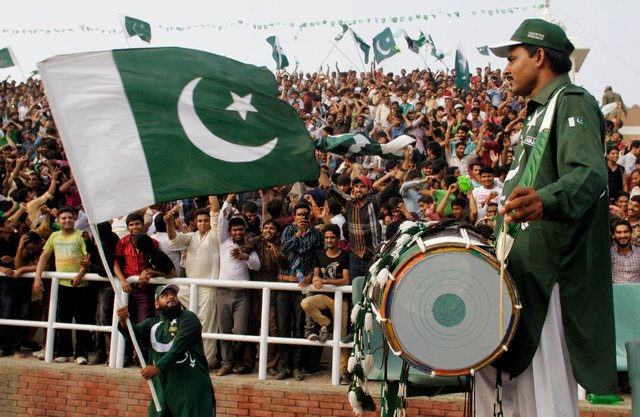About Pakistan
Pakistan, officially known as the Islamic Republic of Pakistan, is a diverse and culturally rich country located in South Asia. With a population exceeding 220 million people as of my last knowledge update in September 2021, Pakistan ranks as the fifth most populous country in the world. Its history, geography, culture, economy, and politics contribute to its unique identity on the global stage. This comprehensive overview will delve into various aspects of Pakistan, providing insights into its past, present, and potential future.
Geography and Landscapes:
Pakistan shares borders with India to the east, Afghanistan and Iran to the west, China to the north, and the Arabian Sea to the south. Its diverse landscapes range from the towering peaks of the Himalayas in the north to the arid deserts of Balochistan in the southwest. The fertile Indus River plain, known as the Punjab, has historically been the breadbasket of the country. The Thar Desert spans the southeastern region, while the Karakoram Range is home to some of the world's highest peaks, including K2.
History:
Pakistan's history is a tapestry woven with rich cultural influences. The region was home to several ancient civilizations, including the Indus Valley Civilization, one of the world's earliest urban cultures. Throughout the ages, the area that is now Pakistan saw the rise and fall of empires, including the Mauryan, Gupta, Mughal, and British Empires.
Modern Pakistan emerged in 1947 as a result of the partition of British India, creating a separate Muslim-majority nation alongside India. The partition was accompanied by communal violence, displacement, and one of the largest migrations in human history. The first years of Pakistan's existence were marked by political and economic challenges, including the incorporation of East Pakistan (now Bangladesh) and a series of military coups.
Culture and Society:
Pakistan's culture is a rich blend of indigenous traditions, Islamic influences, and contemporary global trends. Urdu, the national language, plays a unifying role among the diverse ethnic groups. Islam is a fundamental component of Pakistani identity, shaping social norms, traditions, and daily life.
The arts hold a significant place in Pakistani culture. Music genres like qawwali and classical music, as well as traditional dances like the bhangra, reflect the nation's cultural vibrancy. Pakistani cinema, often referred to as Lollywood, has produced a range of films that explore both local and global themes.
Economy:
Pakistan's economy is a mix of agriculture, industry, and services. Agriculture is a vital sector, employing a significant portion of the population and contributing to the nation's food security. Major crops include wheat, rice, cotton, and sugarcane.
The industrial sector includes textiles, manufacturing, and increasingly, information technology services. The country has been working to attract foreign investment and promote export-oriented industries. However, economic challenges such as inflation, unemployment, and energy shortages have posed hurdles to sustained growth.
Politics and Governance:
Pakistan has experienced a tumultuous political history, with periods of democratic governance interspersed with military rule. The Pakistan Muslim League-Nawaz (PML-N) and the Pakistan People's Party (PPP) have historically been prominent political parties.
The military has played a significant role in Pakistani politics, often taking control during times of instability. The Inter-Services Intelligence (ISI), the country's primary intelligence agency, also wields considerable influence.
Challenges and Opportunities:
Pakistan faces a range of challenges, including poverty, illiteracy, terrorism, and sectarian violence. Additionally, tensions with neighboring India and Afghanistan have complicated regional stability. The country's relationship with the United States and other global powers has also been complex, driven by factors such as counterterrorism efforts and geopolitical interests.
Despite these challenges, Pakistan possesses immense potential. Its young and growing population presents opportunities for innovation, economic growth, and cultural exchange. Investments in education, healthcare, infrastructure, and good governance could pave the way for a brighter future.
Conclusion:
In summary, Pakistan is a nation with a complex history, diverse culture, and multifaceted identity. Its geographical landscapes, historical narratives, cultural expressions, economic aspirations, political dynamics, and societal challenges all contribute to its distinctive place on the global stage. As Pakistan continues to navigate its path forward, addressing internal and external challenges while harnessing its strengths could pave the way for a more prosperous and harmonious future. Please note that developments may have occurred after my last update in September 2021, so I recommend consulting more recent sources for the latest information.



